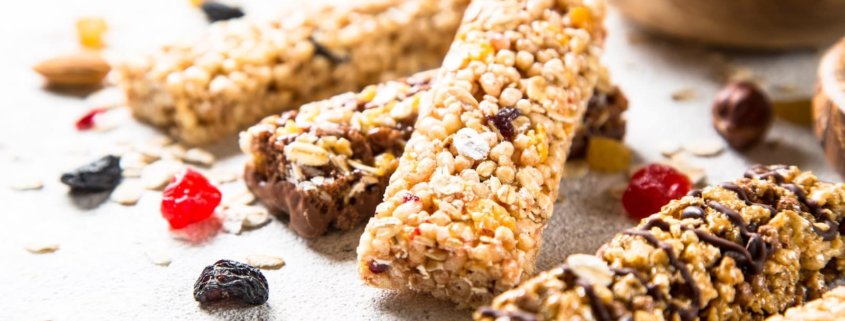The Future of Functional Foods and Beverages
People these days are living fast-paced lives. While productivity has increased a hundred-fold in the twentieth century, the caveat with living a fast life is that so many people are prone to getting sick easily because of stress and changes in their eating habits. With many restaurants and fast food chains providing useful takeaways, this has contributed to the ballooning size of the nation. As a result, food companies started creating functional foods and beverages to help people get more nutrients from the products they were already consuming. The future of functional foods and beverages is bright since shifting consumer preferences have focused on simple, easy to read ingredients.
Increasing Health Awareness Among Consumers
There is an increasing awareness about the long-term benefits of proper nutrition these days, especially among millennials. This focus on nutrition has the food and beverage industry looking at the types of foods that they provide to their consumers. Increasing consumer awareness has led to a positive revolution in the food industry as many companies are looking at the development of healthy functional foods and beverages that can be sold to people who are always on the go.
According to the market research conducted by Grand View Research Inc., this industry is forecasted to reach $255 billion by 2024. But food manufacturers should do more than produce nutrition bars and cereals as consumers are always looking for new products that contain higher amounts of functional ingredients such as fiber, calcium, proteins, vitamins, minerals, fruits, vegetables, and omega-3s. This means that current food manufacturers should step up their game to produce products that are not only playful to the palate but will also help reduce the risk of developing different metabolic diseases.
The Niche Market is Crucial to Growth
Demographic studies show that it is not only the millennials who are interested in functional food and beverages but even the Generation Xers and Baby Boomers as well. This presents food manufacturers the challenge on how to manufacture foods that will work for different consumers while, at the same time, managing their specific health concerns.
Millennials, in particular, represents the largest population of consumers. Most of the food processors are continually experimenting with different kinds of ingredients to produce foods that are not only functional and healthy but will also complement the taste buds of the different target niche markets. The future of functional foods and beverages is enormous, but manufacturers have to focus on creating products that appeal to individual niches to win.
Taste and Ingredients are Important to the Future of Functional Foods and Beverages
The survey shows that taste is always the gold standard when developing functional foods and beverages, but many millennials are looking for products that do not contain synthetic ingredients such as preservatives and sweeteners. Most prefer that food manufacturers use botanicals and natural food ingredients like fruits and vegetables. Aside from taste, they are also looking for foods that will benefit their overall health such as those containing fewer calories or added vitamins and minerals. They are also keen on buying food products that contain superfood ingredients and those that come with clean labels.
How are you developing products for future consumer’s preferences?
Inspired by www.naturalproductsinsider.com




